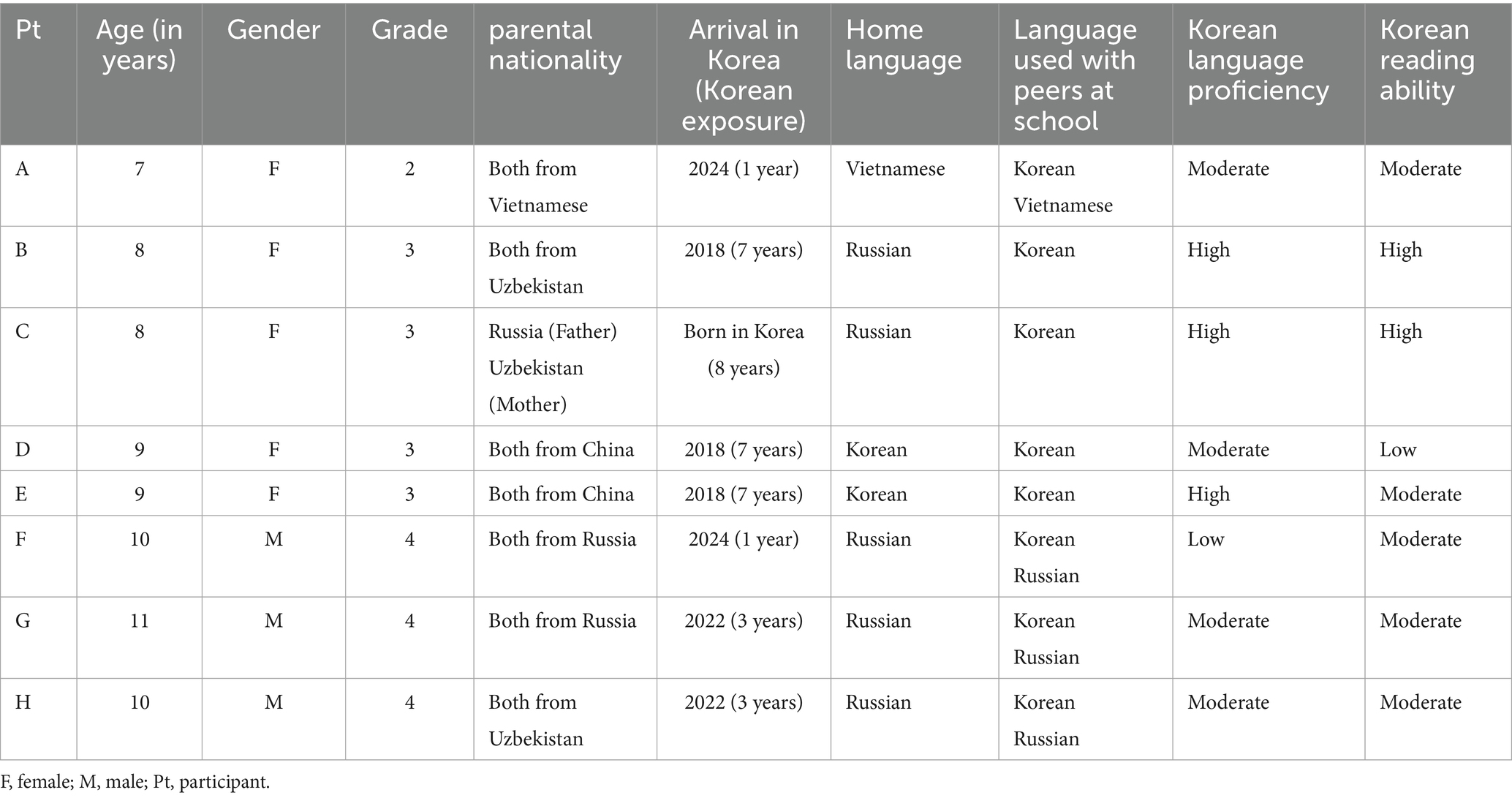Report on Legal Challenge to UC San Diego Scholarship and Implications for Sustainable Development Goals
Introduction: Educational Equity and Institutional Justice
A legal challenge against the University of California San Diego (UC San Diego) has resulted in the restructuring of a scholarship fund initially designated for Black students. This case highlights the complex interplay between institutional policies, legal frameworks, and the pursuit of key Sustainable Development Goals (SDGs), particularly SDG 4 (Quality Education), SDG 10 (Reduced Inequalities), and SDG 16 (Peace, Justice and Strong Institutions).
Case Background: A Conflict Over Achieving SDG 10
The Original Scholarship Mandate
The Black Alumni Scholarship Fund was established to advance educational opportunities for a historically marginalized group, directly aligning with the objectives of SDG 10 (Reduced Inequalities). Its stated goals included:
- Expanding educational access for high-achieving African American students, supporting SDG 4.
- Increasing the graduation rate of Black students at UC San Diego from 2% to 5% of degrees awarded.
- Providing financial support based on criteria including community service and resilience to racial challenges.
This targeted approach was designed to address specific systemic barriers preventing equitable outcomes in higher education, a core tenet of SDG 10.2, which aims to empower and promote the inclusion of all, irrespective of race or ethnicity.
The Legal Challenge and Institutional Accountability
A lawsuit was filed by students and the Californians for Equal Rights Foundation, alleging that the race-specific scholarship constituted discrimination. The plaintiffs argued that this practice created new inequalities, thereby undermining the universal principles of SDG 10. The legal basis for the challenge invoked several statutes, including:
- The Ku Klux Klan Act of 1871, which prohibits government agencies from using private entities to enact discrimination.
- California’s Proposition 209, which bans affirmative action by state institutions.
The lawsuit alleged that UC San Diego, a public university, collaborated with the private San Diego Foundation to circumvent non-discrimination laws. This raised questions about the accountability and transparency of public institutions, a central theme of SDG 16 (Peace, Justice and Strong Institutions).
Resolution and Policy Impact on SDG Implementation
Restructuring for Universal Eligibility
In response to the legal action, the scholarship fund was renamed the Goins Alumni Scholarship Fund and its eligibility criteria were revised to be race-neutral. The fund is now open to all UC San Diego students who demonstrate:
- Involvement in community service.
- An ability to overcome significant challenges.
This resolution aligns the scholarship with a universalist interpretation of non-discrimination under SDG 10. However, it simultaneously moves away from the targeted intervention originally designed to rectify specific historical disadvantages faced by Black students.
Broader Implications for Educational Equity Policies
This case is indicative of a broader trend scrutinizing diversity and inclusion initiatives within the U.S. educational system. The outcome reflects a tension in how to best achieve the SDGs related to equity.
- Targeted vs. Universal Approaches: The case illustrates the conflict between targeted programs designed to accelerate progress for specific marginalized groups (in line with SDG 10.2) and universal non-discrimination principles that prohibit such classifications.
- Institutional Responsibility: It underscores the legal and ethical challenges faced by public institutions (SDG 16) in designing policies that promote both quality education (SDG 4) and reduced inequalities (SDG 10) within restrictive legal frameworks.
- Data and Outcomes: Despite the original fund’s decades of operation, the goal of increasing Black student graduation rates to 5% remains unattained, with the current rate at just under 3%. This highlights the persistent challenges in achieving measurable progress on equity-focused SDGs.
Conclusion
The transformation of the UC San Diego scholarship fund serves as a critical case study on the implementation of the Sustainable Development Goals in a complex legal environment. It demonstrates how legal challenges can force institutions to shift from targeted equity strategies to universalist policies. While the new structure promotes a form of equality by removing race as a criterion, it also raises important questions about the effectiveness of race-neutral approaches in addressing deep-seated historical disparities, complicating the path toward achieving SDG 4 (Quality Education) and SDG 10 (Reduced Inequalities) through just and effective institutions (SDG 16).
Analysis of Sustainable Development Goals in the Article
1. Which SDGs are addressed or connected to the issues highlighted in the article?
-
SDG 4: Quality Education
The article’s central theme is a university scholarship fund, which directly relates to providing financial support to ensure access to higher education. The debate over the scholarship’s eligibility criteria touches upon the quality and equity of educational opportunities.
-
SDG 10: Reduced Inequalities
This goal is at the core of the article. The lawsuit was filed on the grounds of racial discrimination, alleging that a scholarship exclusively for Black students created inequality by denying access to students of other races. The article discusses efforts to promote diversity versus laws prohibiting affirmative action, highlighting the complex legal and social dimensions of reducing inequality.
-
SDG 16: Peace, Justice and Strong Institutions
The article details a legal process where plaintiffs used the judicial system (a key institution) to challenge the policies of a public university (another institution). The lawsuit cites specific legislation, such as the Ku Klux Klan Act of 1871 and California’s Proposition 209, to argue for the enforcement of non-discriminatory laws, connecting directly to the principles of justice and institutional accountability.
2. What specific targets under those SDGs can be identified based on the article’s content?
-
Target 4.3: Ensure equal access for all women and men to affordable and quality technical, vocational and tertiary education, including university.
The Black Alumni Scholarship Fund was initially created to “expand educational opportunities for high achieving, civic-minded African American students,” aiming to improve their access to university education at UC San Diego. The lawsuit and subsequent changes to the scholarship criteria are part of a broader debate about how to achieve “equal access for all” in tertiary education.
-
Target 10.3: Ensure equal opportunity and reduce inequalities of outcome, including by eliminating discriminatory laws, policies and practices and promoting appropriate legislation, policies and action in this regard.
The plaintiffs argued that the race-specific scholarship was a discriminatory practice that denied equal opportunity. The lawsuit itself is an “action” taken to eliminate this perceived discriminatory policy. The outcome—making the scholarship available to all students regardless of race—is presented as a move toward ensuring equal opportunity as defined by laws like Proposition 209.
-
Target 16.b: Promote and enforce non-discriminatory laws and policies for sustainable development.
The entire legal challenge is an example of promoting and enforcing non-discriminatory laws. The plaintiffs used existing laws, including the Ku Klux Klan Act and Proposition 209, to argue that UC San Diego, a public institution, was violating prohibitions against racial discrimination. The successful outcome of the lawsuit demonstrates the enforcement of these policies.
3. Are there any indicators mentioned or implied in the article that can be used to measure progress towards the identified targets?
- Indicator for Target 4.3: The article provides a specific, measurable indicator related to educational access and outcomes for a specific demographic. It states that an original goal of the scholarship was to “increase Black graduation at UCSD from 2% to 5% of degrees awarded.” It then provides current data, noting that in the 2023-24 school year, “just under 3% of UC San Diego’s undergraduate degrees awarded went to students who identify as Black or African-American.” This percentage serves as a direct indicator of participation and attainment in higher education for this group.
- Indicator for Target 10.3: The change in the scholarship’s eligibility criteria is a clear indicator of a policy shift. The article contrasts the old criteria, which focused on “admitted Black students,” with the new race-neutral criteria that are open to students based on “community service” and the “ability to overcome major challenges.” The number of scholarships awarded (“nearly 275 scholarships have been awarded since 2016”) is a quantitative indicator of the program’s reach.
-
Indicator for Target 16.b: The article points to several indicators of the enforcement of non-discriminatory policies within the UC system. These include:
- The successful legal challenge that forced the scholarship fund to change its name and criteria.
- The UC system’s change in hiring practices to ban mandatory “diversity statements” as a condition for employment.
- Another lawsuit filed against UC San Francisco regarding a program for minority high school students, indicating an ongoing trend of using legal means to enforce these policies.
4. Table of SDGs, Targets, and Indicators
| SDGs | Targets | Indicators |
|---|---|---|
| SDG 4: Quality Education | Target 4.3: By 2030, ensure equal access for all women and men to affordable and quality technical, vocational and tertiary education, including university. | The percentage of undergraduate degrees awarded to Black or African-American students at UC San Diego, which was “just under 3%” in 2023-24, against a stated goal of 5%. |
| SDG 10: Reduced Inequalities | Target 10.3: Ensure equal opportunity and reduce inequalities of outcome, including by eliminating discriminatory laws, policies and practices. | The change in the scholarship’s eligibility criteria from being race-specific (“for Black students”) to race-neutral (based on community service and overcoming challenges). |
| SDG 16: Peace, Justice and Strong Institutions | Target 16.b: Promote and enforce non-discriminatory laws and policies for sustainable development. | The filing and outcome of the lawsuit against UC San Diego, which successfully enforced non-discriminatory laws like Proposition 209, leading to a change in the scholarship policy. |
Source: calmatters.org







